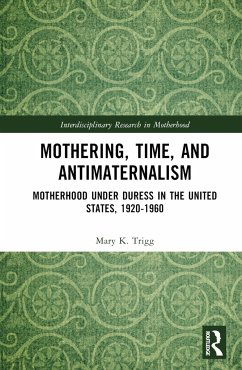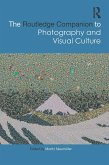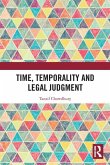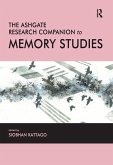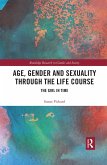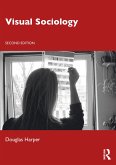The book aims to broaden understanding of the diverse positions and meanings of motherhood by investigating understudied and marginalized mothers (rural itinerant, African American, and Irish Catholic American) between 1920 and 1960.
Fuelled by anxieties around feminism, a perception of men's loss of status and masculinity, racial tensions, and fears about immigration, "antimaternalism" discourse blamed mothers for a wide range of social ills in the first half of the 20th Century. Mothering, Time, and Antimaternalism considers the ideas, practices, and depictions of antimaternalism, and the ways that mothers responded. Religion, class, race, ethnicity, gender, and immigration status are all analysed as factors shaping maternal experience. The book develops the historical context of American motherhood between 1920 and 1960, examining how changing ideas - scientific motherhood, time efficiency, devaluation of domesticity, racial and religious bias - influenced the construction and experiences of motherhood.
This is a fascinating and important book suitable for students and scholars in history, gender studies, cultural studies and sociology.
Fuelled by anxieties around feminism, a perception of men's loss of status and masculinity, racial tensions, and fears about immigration, "antimaternalism" discourse blamed mothers for a wide range of social ills in the first half of the 20th Century. Mothering, Time, and Antimaternalism considers the ideas, practices, and depictions of antimaternalism, and the ways that mothers responded. Religion, class, race, ethnicity, gender, and immigration status are all analysed as factors shaping maternal experience. The book develops the historical context of American motherhood between 1920 and 1960, examining how changing ideas - scientific motherhood, time efficiency, devaluation of domesticity, racial and religious bias - influenced the construction and experiences of motherhood.
This is a fascinating and important book suitable for students and scholars in history, gender studies, cultural studies and sociology.
"In this compelling analysis of the temporal regulation of motherhood, Mary Trigg treats time as one of many resources denied to mothers. Focusing on poor white rural migrants, African Americans, and Irish American Catholics from 1920 to 1960, she underscores the unrealistic expectations that time discipline and antimaternalist discourse imposed on mothers -- and analyzes women's response. A valuable and thought-provoking study."
- Molly Ladd-Taylor, Professor Emerita, History Department, York University, and co-editor of 'Bad' Mothers: The Politics of Blame in Twentieth-Century America.
"Mary Trigg powerfully and passionately illustrates how women's experiences, including motherhood, have been overlooked in male-central scholarship across the disciplines. The writing style is engaging, and the subject matter is captivating. Trigg has done an excellent job selecting subject matter that illustrates anti-maternalism in diverse cultural contexts yet weaving these disparate subjects into a narrative that is compelling and engaging. I highly recommend this book for graduate seminars in feminist history, feminist methodology, and women's studies."
- Amy Koerber, Professor and Associate Dean, College of Media & Communication, Texas Tech University, and author of From Hysteria to Hormones: A Rhetorical History.
- Molly Ladd-Taylor, Professor Emerita, History Department, York University, and co-editor of 'Bad' Mothers: The Politics of Blame in Twentieth-Century America.
"Mary Trigg powerfully and passionately illustrates how women's experiences, including motherhood, have been overlooked in male-central scholarship across the disciplines. The writing style is engaging, and the subject matter is captivating. Trigg has done an excellent job selecting subject matter that illustrates anti-maternalism in diverse cultural contexts yet weaving these disparate subjects into a narrative that is compelling and engaging. I highly recommend this book for graduate seminars in feminist history, feminist methodology, and women's studies."
- Amy Koerber, Professor and Associate Dean, College of Media & Communication, Texas Tech University, and author of From Hysteria to Hormones: A Rhetorical History.

